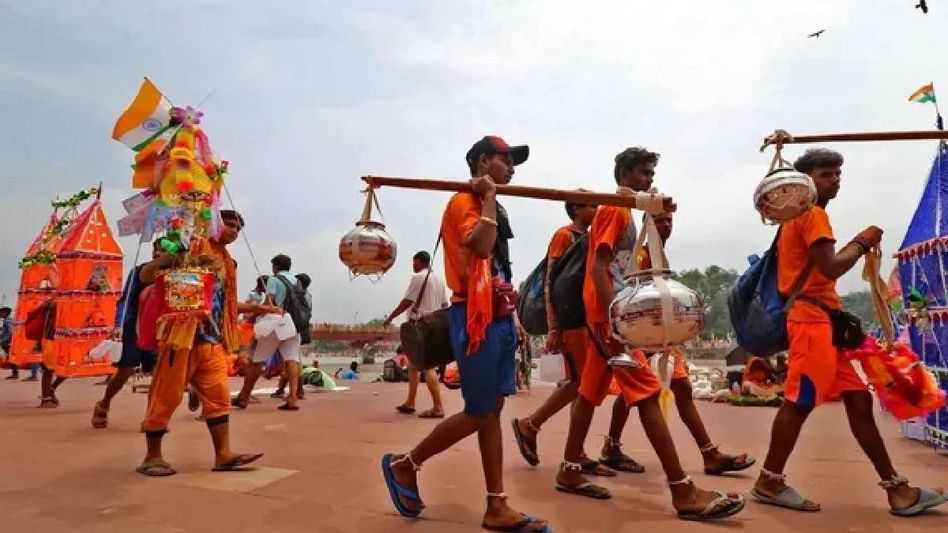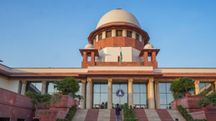SC declines stay on owner name display along Kanwar Yatra route, urges statutory compliance
- Supreme Court declines to halt UP directive on owner name displays for Kanwar Yatra eateries. - Court stresses compliance with statutory requirements for licenses and registration. - Broader constitutional issues remain unaddressed by the ruling.

- Supreme Court refuses to stay UP directive for food outlet owner name display
- Bench stresses adherence to statutory licence and registration displays
- Petitioners cite risks of privacy breach and religious profiling
The Supreme Court of India, on Wednesday, July 23, declined to impose a stay on the Uttar Pradesh government's directive requiring food establishments along the Kanwar Yatra route to display the names of their owners. This decision came as the bench reiterated the necessity for eateries to adhere to existing statutory obligations, which include the display of valid licenses and registration certificates. The directive had been challenged in court by a group of petitioners, including Delhi University professor Apoorvanand and human rights activist Aakar Patel, who argued that the mandate could lead to privacy violations and potential religious profiling.
A bench composed of Justices M.M. Sundresh and N. Kotiswar Singh addressed the petition without venturing into broader constitutional questions. They opted not to issue a stay, concluding the petition with a directive for eateries to comply with statutory norms. "We are informed that today is the last day of the yatra or that it is coming to a close soon. Therefore, at this stage, we direct that all hotel and eatery owners comply with the statutory requirement of displaying their license and registration certificate," stated the bench.
The petitioners expressed concerns that the directive might constitute "an unlawful attempt to reveal religious identity," potentially endangering individuals in a polarised environment. While the court acknowledged these concerns, it focused on consumer awareness, particularly regarding the nature of food services during the pilgrimage. Justice Sundresh remarked, "If a hotel is vegetarian by default, there's no issue. But if a non-vegetarian establishment temporarily turns vegetarian only during the yatra, customers should be informed. After all, the consumer is king."
The Kanwar Yatra, occurring annually in July, attracts millions of Hindu devotees who travel to collect sacred water from the Ganga in Uttarakhand for ceremonial offerings. Given the massive influx of pilgrims, authorities often impose certain regulations on movements and services along the routes. Concerns have been raised that such regulatory measures, particularly those targeting food outlets' identity displays, could be manipulated to foster religious discrimination or boycotts against specific community-owned establishments.
Despite the Supreme Court's decision to uphold statutory norms, the larger issues of religious profiling, commercial freedom, and citizen safety continue to generate discussions in both legal and public spheres.
Copyright©2025 Living Media India Limited. For reprint rights: Syndications Today









